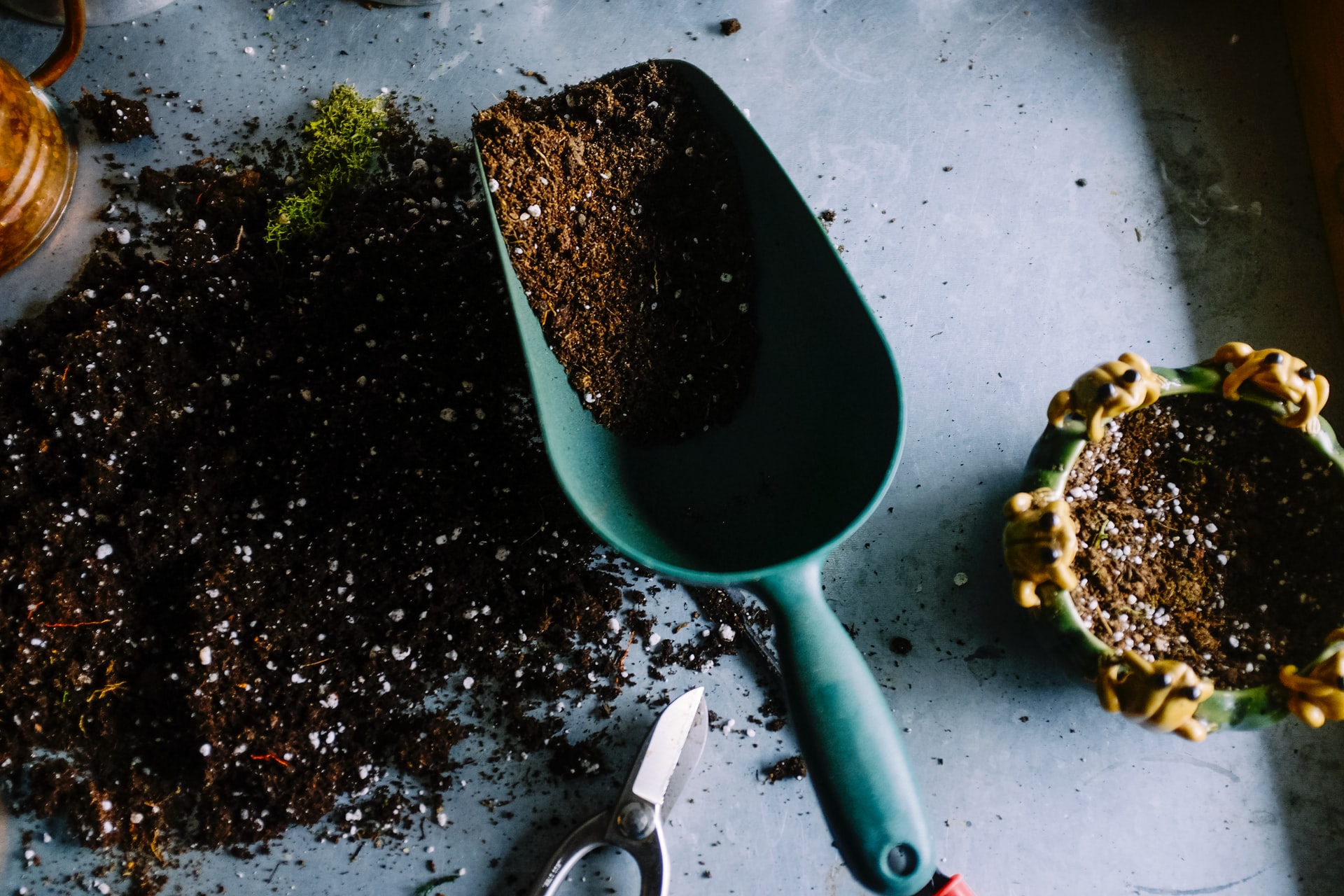
Composting at Belmont Abbey
Managing the grounds of a beautiful college campus does not happen by itself and Belmont Abbey College’s Grounds Management Department, managed by SSC Services for Education, has produced award-winning results year over year. Challenging themselves to reduce waste and feed their soil naturally, they have a compost program to turn green waste created during normal maintenance activities into a natural fertilizer and soil amendment to be used on campus. Taking their composting program one step further, through a partnership with a local company, food waste from their dining facility is composted and blended into topdressing used on the athletic fields, creating an environment where waste created on-site from multiple sources is turned into natural fertilizer for the campus.
The main campus of Belmont Abbey College is located on 37 acres of land in Belmont, NC, with an athletic complex located off-site. One of the challenges the Grounds team faces on this campus is managing clay soils for the lawns and landscape without irrigation and amending the soil over time with compost is a time-tested management practice to add organic matter and water holding capacity to the soil. By composting green waste on-site, the team has been able to add this valuable compost to the soil each year without having to purchase and transport material from elsewhere.
Each year, the team collects between 350 – 400 cubic yards of leaves and other debris from their normal activities. This material is put into 8’ x 20’ windrows and turned throughout the year to aerate and mix the future compost as it breaks down. Small amounts of fertilizer are added as needed to create a high-quality product and keep nutrient ratios balanced. By the time the leaves have broken down, 150 cubic yards of compost is ready to be used on the property each year, all of which was diverted from landfills.
In an effort to further reduce waste going into landfills, a partnership between the school, Chartwells Higher Education, SSC, and a local environmental collection company creates a compost topdressing mix out of dining food waste to be used on athletic fields. Food waste from the dining facilities on campus is collected by a local company that composts food waste from restaurants and is equipped for this material’s unique challenges. The resulting compost is then blended in a 50% mixture with sand to be used as topdressing on the athletic fields. Each year, 175 cubic yards of this mix is spread on the fields, diverting approximately 350 tons of food waste from local landfills out of the campus dining facility and other local restaurants.
These compost programs have formed the base of the grounds management program at Belmont Abbey College, reducing their reliance on irrigation and fertilizer. With the application of this organic material to the lawns, landscape, and sports fields, the campus has improved the soil biology and the appearance of the landscape all while diverting hundreds of tons of material from local landfills a year.